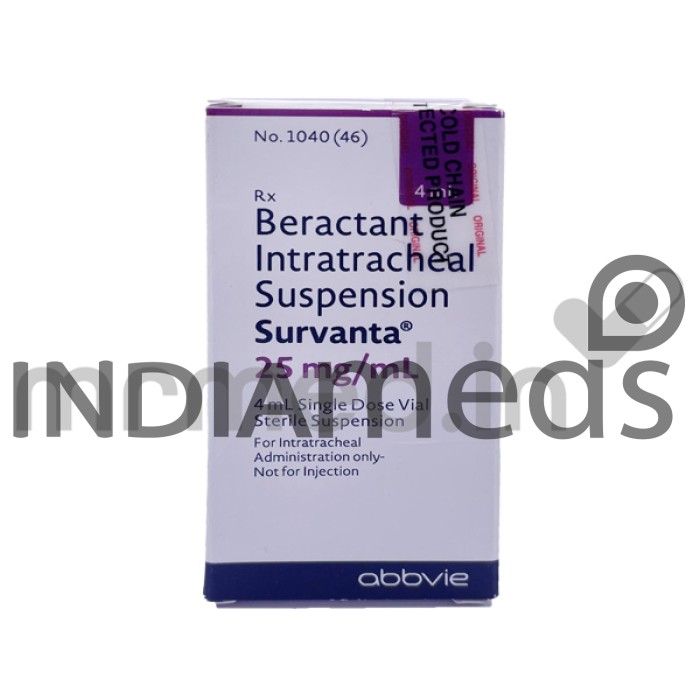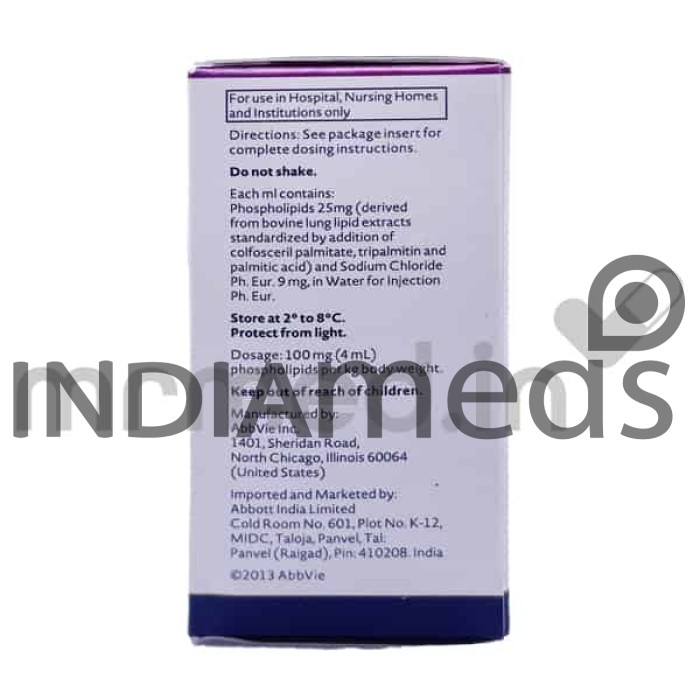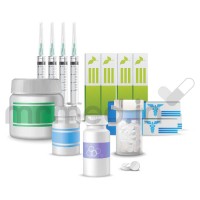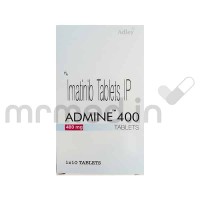Survanta 100mg injection contains an active ingredient called Beractant which belongs to the group of medicines called pulmonary surfactants. It is extracted from cow’s lungs to help the children breathe. This medication prevents and treats Respiratory Distress Syndrome (RDS) in premature newborns with a birth weight of 700g or more. It is also used for premature babies born before 32 weeks of pregnancy at risk of RDS and need a tube inserted into their windpipe for stabilization. RDS is a condition in which the lungs of premature babies are not fully developed, leading to breathing difficulties.
Do not use Survanta 100mg injection if you are allergic to Beractant or any of its ingredients. Seek immediate medical attention if you experience serious eye symptoms or heart issues while using this medication. Consult your healthcare provider for any concerns or allergies. Some common side effects of noisy breathing, feeding, or bowel problems, and bleeding around the endotracheal tube.
Therapeutic Effects of Survanta 100mg Injection
Pregnancy
Survanta 100mg injection is not indicated for women of childbearing age and should not be used during pregnancy. If you are pregnant or planning to become pregnant, discuss the potential risks and benefits of the medication with your healthcare provider.
Breast Feeding
Survanta 100mg injection is not indicated for women and should not be used during breastfeeding. Consult your doctor for more information.
Lungs
It is unknown whether Survanta 100mg injection is safe for patients with lung problems. Inform your physician if you have any lung disease before starting the treatment. Contact your doctor if you experience any lung-related symptoms.
Liver
It is unknown whether Survanta 100mg injection is safe for patients with liver problems. Inform your physician if you have any liver disease before starting the treatment. Contact your doctor if you experience any liver-related symptoms.
Alcohol
It is unknown whether consuming alcohol while taking Survanta 100mg injection is safe. Please speak with your physician.
Driving
It is unknown whether Survanta 100mg injection alters driving ability. However, if you experience side effects like tiredness or drowsiness, avoid driving and using machines.
Serious
- Pale skin
- Slow heartbeat
- Breathing that stops
- Urinating less than usual
- Blood in the urine
Common
- Noisy breathing
- Feeding or bowel problems
- Bleeding around the endotracheal tube.
Survanta 100mg injection is not indicated for women of childbearing age and should not be used during pregnancy. If you are pregnant or planning to become pregnant, discuss the potential risks and benefits of the medication with your healthcare provider.
Survanta 100mg injection is a type of medication that belongs to pulmonary surfactants, which is extracted from cow’s lungs to help the children breathe. This medication prevents and treats Respiratory Distress Syndrome (RDS) in premature newborns.
Survanta 100mg injection is administered directly into the baby's windpipe through a tube or catheter. This procedure is usually performed in a highly supervised clinical setting by experienced medical professionals.
Survanta 100mg injection is considered safe and effective when used as prescribed by healthcare providers for the treatment of RDS. Clinical studies have shown positive outcomes in improving lung function and aiding breathing in premature infants.
The frequency and duration of Survanta 100mg injection administration will depend on your baby's specific medical condition and response to treatment. Your healthcare provider will determine the appropriate dosing schedule.
The common side effects of Survanta 100mg injection are noisy breathing, feeding or bowel problems, bleeding around the endotracheal tube. Contact your doctor immediately if you experience any side effects.
| Molecule Name: Beractant | Therapeutic class: Pulmonary disorder |
| Pharmacological class: Pulmonary surfactants | Indications: Prevents and treats Respiratory Distress Syndrome (RDS) in premature newborns |









